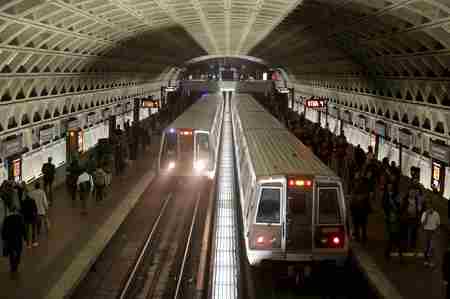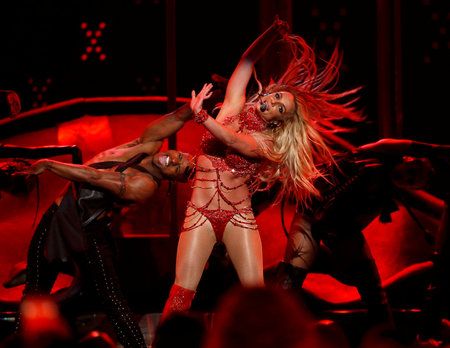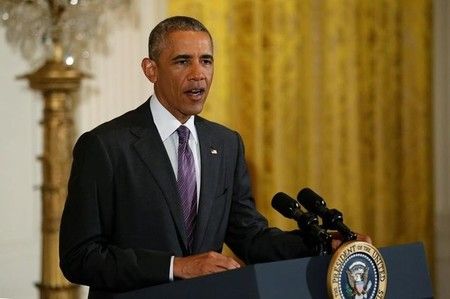Advertisement
Maine Is Trying to Ban Junk Food for Welfare Recipients

According to the state of Maine, the consumption of sugary drinks and fatty foods is leading to an obesity crisis and unmanageable healthcare costs. The state’s proposed course of action is to limit the use of welfare benefits like food stamps to purchase junk food.
Mary Mayhew, the commissioner of Maine’s Department of Health and Human Services, wishes to hinder the use of food stamps to buy items that could hasten the state’s already increasing obesity rate. Maine spends about $700 million dollars a year on healthcare costs related to obesity.
Maine is the most obese state in New England. According to a press release from Maine’s Department of Health and Human Services, the state’s obesity rate has gone from 14 percent in 1995 to 65 percent in 2011.

The U.S. Department of Agriculture has administered studies on the link between food stamps, obesity, and junk food. It found that junk food – soft drinks and candy, for instance – accounts for five percent of all transactions paid for by food stamps. Households that do not receive welfare benefits allocate about four percent of their budget for the same junk foods.
Despite their similar diets, the USDA found that those on assisted living programs tend to weigh more than non-recipients. Maine’s plan extends beyond banning potato chips and ice cream; the state is seeking around $4 million in federal aid to assist in nutritional education programs.

That isn’t enough for Mayhew.
“If we’re going to spend millions on nutrition education for food-stamp recipients, we should stop giving them money to buy candy and soda,” she said in the press release. “Maine is facing an obesity epidemic, especially among its low-income population, and we should be solving that problem rather than enabling it.”
The proposed anti-junk initiative also brings a lot of questions to the surface. What is considered “junk” food? Does it depend on sugar content? Juices tend to have more sugar than soft drinks, so should children be banned from drinking juice as well?
Over the last few years, various states have fought to revise or restrict assistance programs like the Supplemental Nutrition Assistance Program, otherwise known as SNAP. Despite the many American working families and children who benefit from these programs, some states are actively trying to prevent some of the poorest and youngest citizens from receiving help.
Do you think this proposed initiative is an attack on the working class? SHARE this and tell us what you think!










